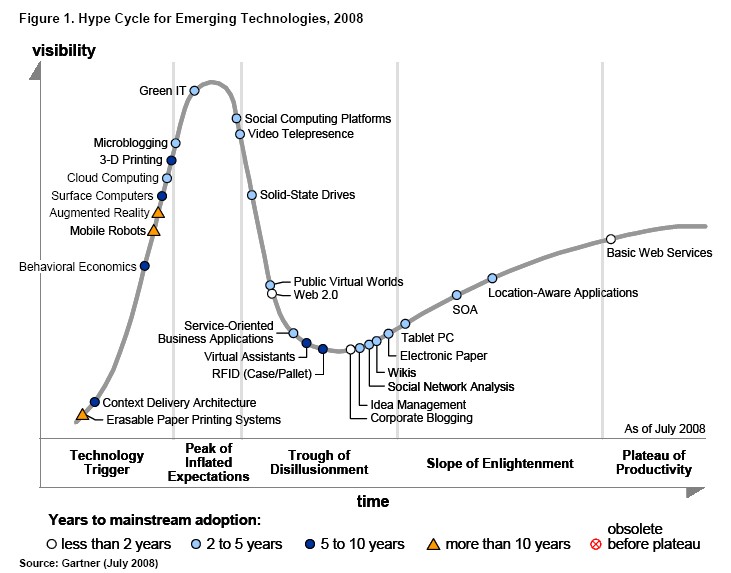In der Computerwoche werden u.a. Elgg, Mediawiki und WordPress kurz vorgestellt (“Wiki, Blog, Social Software: Die besten Open-Source-Tools für Collaboration“).
Jedes Jahr vergibt die CW-Schwesterpublikation InfoWorld die “Best of Open Source Software Awards.” Wir stellen die Gewinner im Bereich Collaboration vor.
Soweit so gut, mögen sich die Gewinner des Awards im Lichte des Ruhms sonnen.
Den Claim “Mediawiki sieht nicht nur gut aus, sondern ist auch einfach zu handhaben” finde ich allerdings äußerst fragwürdig. Bspw. ist das Argument dass “Millionen” von Anwendern bereits mit dem Look-and-Feel vertraut sind, angesichts der Möglichkeit auch andere Wikis entsprechend anzupassen schwach. Kein Wort zudem von den Schwächen von Mediawiki (bspw. im Bereich der Rechteverwaltung, entscheidend wenn es um den Unternehmenseinsatz geht). Diese Einschätzung von Jörg Kantel leitet da doch potenzielle (Unternehmens-)Wiki-Interessenten viel weiter und findet meine volle Unterstützung:
Wenn man so etwas wie einen Klon der Wikipedia aufziehen will und die nötigen Ressourcen hat, dann ist das MediaWiki sicher das Wiki der Wahl. Für alle anderen Projekte sollte man sich aber auch nach (schlanken) Alternativen umschauen.
Apropos, in T3N ist aktuell ein Überblick über verschiedene Open-Source Wikis zu finden, der auch die Stärken der „Konkurrenz“ ins Licht rückt.
Zuletzt – ich finde die Diskussionen rund um die “ideale Wiki-Engine” zunehmend ermüdend. Nichts gegen Diskussionen über spannende Technologien, aber mir kommen die wirklich wichtigen Fragen hier zu kurz, bspw. welche Elemente eine sinnvolle Anforderungsanalyse beinhalten sollte, welche Schritte im Rahmen einer Wiki-Implementierung Erfolg versprechen, usw.
Das sind die wirklichen Faktoren für den Erfolg eines Wikis (im Unternehmen) – nicht die Auswahl einer bestimmten Engine.
